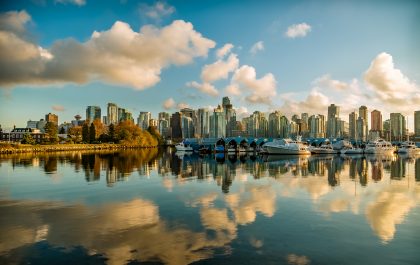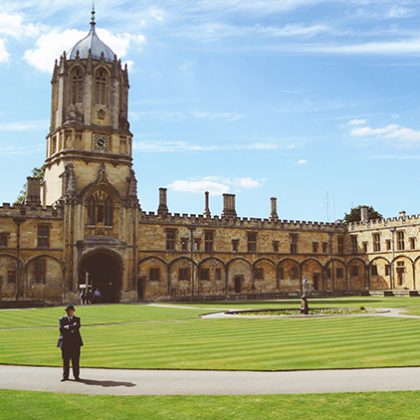Working and Staying in Canada After Graduation
International students place post-graduation benefits as an important factor when deciding where to stay. Canada’s foreign-worker policies and post-graduate work programs make it possible for international students to work in Canada after they graduate, and give Canada a competitive advantage over other international education destinations.
The experience international graduates gain – and income derived – from this employment is important to offset their family’s investment and help repay their study loans. The work experience gained after graduation can also help international students qualify for permanent residence in Canada.
For more information about staying in Canada after graduation, visit the Government of Canada’s website on Stay in Canada after Graduation.

Post Graduate Work Permit
The post-graduation work permit (PGWP) allows students who have graduated from eligible programs at designated learning institutions (DLIs) to gain valuable Canadian work experience.
Did you know that not all programs at a DLI make students eligible for PGWP? To find out which post-secondary institutions are DLI, and which of their programs are eligible for PGWP, review the Designated Learning Institution List.
Students graduating from a 2+ year PGWP-eligible academic program can work up to three years following their period for study. Students in an 8-month to 2-year program can obtain a PGWP that is valid for up to the same length as their study program. For example, if a student completed a 9-month program, a work permit may be issued for up to 9-months. Students in a program that is less than 8-months in duration are not eligible for PGWP.
PGWP requirements and eligibility criteria can change at any time. Always refer to the Government of Canada website for the most accurate information.
Other Work Permits
If a student is not eligible for the Post Graduate Work Permit (PGWP), they may still be able to work in Canada by obtaining an open work permit or an employer-specific work permit. For more information about other work permits, please visit the Government of Canada webpage for Types of Work Permits.
Paths to Permanent Residence
Canada welcomed more than 286,000 permanent residents in 2017 and plans to welcome over a million new immigrants by 2021. International students can use their Canadian work experience to qualify for permanent residence. 40% of all economic-class immigrants accepted by the federal government are international students who have graduated and want to stay in Canada.
Visit the Government of Canada webpage on Find Your Path to Permanent Residence to learn more about the different immigration & PR pathways and their requirements.
Source: Applyboard


